The Illinois Natural History Survey holds millions of biological specimens. These collections, some of which date back over 150 years, represent the most complete record of Illinois biota anywhere. Most collections are also global in geographic coverage for many groups.
Because these specimens document the presence of species through time, our collections are an invaluable resource for tracking changes in species distributions as habitats have been modified. The collections are regularly used in scientific research to:
- recognize threatened and endangered species,
- determine the arrival and spread of exotic and invasive species,
- provide baseline data for ecological restoration projects,
- evaluate habitat quality over time and space,
- assess the effects of climate change,
- locate populations of medical or economic importance,
- resolve evolutionary relationships,
- discover new species, and
- facilitate species identification through comparative morphology and DNA barcoding.
Many specimen records are available to scientists, resource managers, policy makers, and the public through the INHS collections data portal and other online databases. Visit each collection’s website for more information.
A committee is in place to handle procedures and collection-related interests (email chair).
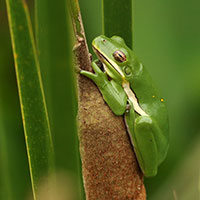
Amphibians & Reptiles
The INHS Amphibian and Reptile Collection contains approximately 40,000 catalogued specimens, representing 55 families and over 550 species.
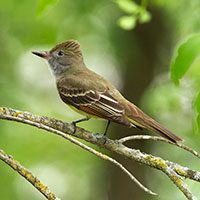
Birds
The INHS Bird Collection consists of over 3,000 specimens of over 200 species, almost exclusively from Illinois.
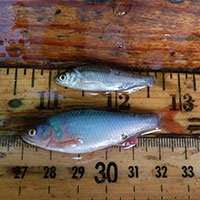
Fish
The INHS Fish Collection contains more than 896,000 catalogued specimens and over 113,000 lots.
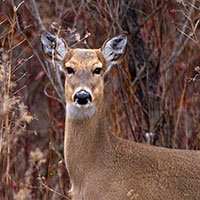
Mammals
In 2024 the INHS Mammal Collection had over 30,000 lots of specimens, from over 39,000 individuals, with over 58,000 preparations. This ranks as one of the 35 largest mammal collections in the world based on the number of specimens.
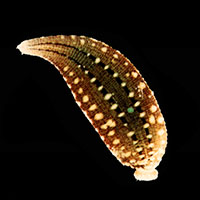
Annelids
The INHS Annelid Collection is perhaps the largest state collection of freshwater oligochaetes in the country, holding 350,000 specimens.
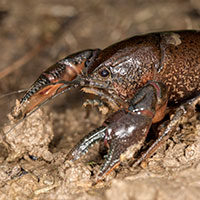
Crustaceans
The INHS Crustacean Collection contains over 130,000 specimens and 16,000 lots of approximately 400 species in 30 families.
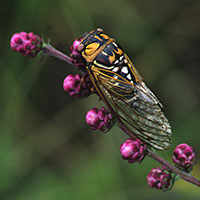
Insects
The INHS Insect Collection is one of the largest and oldest entomological collections in North America, comprising millions of specimens.
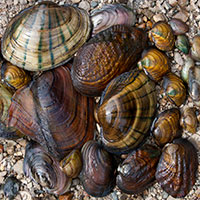
Mollusks
The INHS Mollusk Collection is global in scope, with over 135 countries represented, and contains over 509,000 catalogued specimens.
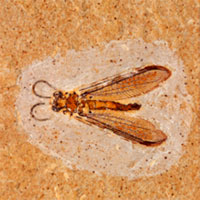
Fossils
Our extensive collection of fossils from around the world helps INHS scientists gain new insights about what Earth was like millions of years in the past.
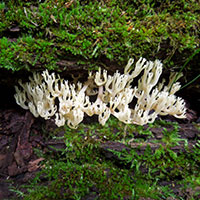
Fungi
The INHS Fungarium contains over 70,000 specimens, including approximately 12,000 basidiomycetes, 25,000 ascomycetes, 15,000 imperfect fungi, 11,000 lichens, 1,200 zygomycetes and oomycetes, and 1,500 myxomycetes.
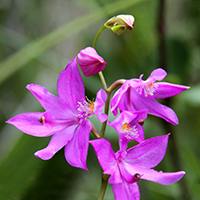
Plants
INHS oversees three plant herbaria: the INHS Herbarium, the University of Illinois Plant Biology Herbarium, and the University of Illinois Crop Evolution Laboratory Herbarium.